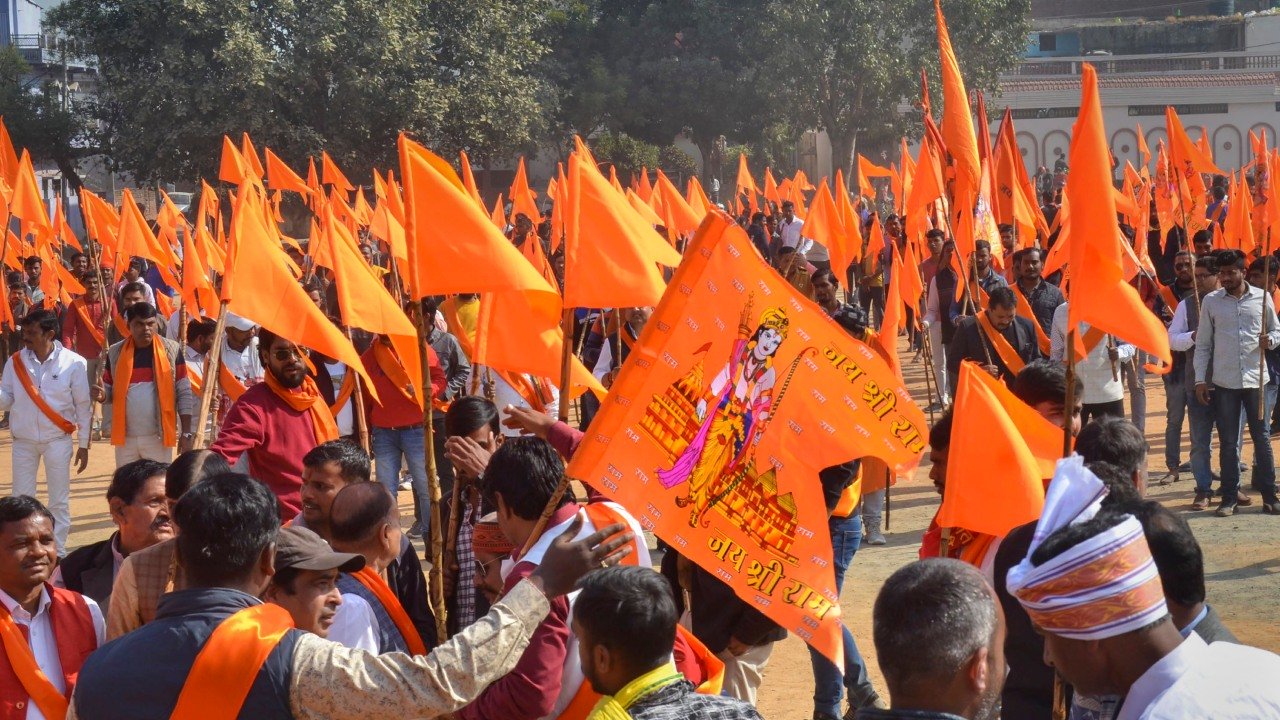How are we to look at the issue of uniform civil code against the backdrop of institutionalised denial of human dignity and rights in a system of social discrimination and oppression, hate and violence and political patronage and impunity for the perpetrators – except when a perpetrator becomes an electoral liability like Pravesh Shukla who was seen urinating on an Adivasi labourer in a widely circulated video from Madhya Pradesh recently? The 22nd Law Commission has sought public opinion on the subject within a month’s time without giving us any idea as to what such a uniform code would entail. History tells us that after a sharp debate on the subject, the Constituent Assembly had settled for including it as a directive principle of state policy in the Constitution which by definition is not legally enforceable or justiciable. Babasaheb Ambedkar had wanted the idea of uniform civil code to remain voluntary for citizens. Even the 21st Law Commission had found the UCC neither necessary nor feasible at the present juncture and called instead for appropriate legal reforms to ensure gender justice and equality within the ambit of all personal laws. What has suddenly happened for the 22nd Law Commission to focus on the subject with such great urgency?
While the government is yet to come out with any concrete proposal about its idea of a uniform civil code, the Sangh-BJP propagandists are already busy maligning the Muslim community and painting every opposition to the UCC idea as instigation or appeasement of the Muslim community. In real life, we can already see serious apprehension and opposition being voiced not so much by the Muslim community as by Northeastern states like Meghalaya and Nagaland and Adivasi communities from all parts of India. Home Minister Amit Shah and Chairman of the Parliamentary Standing Committee on Law Sushil Modi have already indicated that Christians and North-Eastern States may be exempted from the ambit of the UCC. This is precisely the reason why the framers of the Constitution had kept the idea of the UCC in the directive principles and even as late as 2018, the 21st Law Commission had found the UCC neither necessary nor feasible. In fact, the diversity of customs in personal law concerns Hindus themselves, whose customs vary widely across regions, as much as non-Hindu religions and communities.
The 21st Law Commission was right in emphasizing the need to reconcile diversity with equality instead of trying to impose uniformity in the name of unity. Quite surprisingly, even former RSS chief Golwalkar had categorically cautioned against the idea of imposing a uniform civil code on a vast and diverse country like India. Harmony, rather than uniformity, Golwalkar had pointed out in a long interview with K.R. Malkani, editor of the RSS mouthpiece Organiser in 1971, was necessary for India’s unity. The Modi government today is however in a hurry to abandon the caution advised by its own ideological and administrative predecessors as it believes that it has today reached a stage where it need not respect any restraint and that the UCC is its best bet to distract public attention from the pressing problems of the day and polarise India on communal lines.

Legal reform to ensure equality and justice is a continuing agenda and as directed by Article 44 of the Constitution the State must consistently move in this direction to ensure gender-just laws for women of all communities. And to implement Article 44 it cannot proceed in a vacuum without collective participation and concurrence of all stakeholders. Further, if the Modi government wants to accelerate the implementation of the directive principles of state policy, it cannot selectively focus on Article 44 to the neglect of other equally fundamental directives contained in Articles 36 to 51 of the Constitution that mandate the state to ensure universal right to work and guarantee of livelihood and reduction of income inequality and concentration of wealth and means of production in few hands.
Yet we cannot pretend that the current focus of the BJP on implementation of the UCC has anything to do with ensuring gender justice or with the spirit of the directive principles of state policy. In reality, the foregrounding of the UCC agenda is part of the broader project of communal polarisation and demonisation of Muslims. Along with the vicious myth of “love jihad” the UCC is being promoted with barely disguised appeals to the preposterous narrative of “Muslims outnumbering Hindus” epitomised by Modi’s notorious and absurdly inaccurate claims about the effects of polygamy on population growth. The opposition must foil this design, keep the focus on the burning issues like the escalating cost of living crisis and unemployment and defend the constitutional vision of a modern secular democratic India against every attempt to push the country back to universalization of the Manusmriti code of social oppression and violence. Yes to gender justice and equality, no to the politics of communal polarisation and demonisation of Muslims in the name of UCC!
Forward Press also publishes books on Bahujan issues. Forward Press Books sheds light on the widespread problems as well as the finer aspects of Bahujan (Dalit, OBC, Adivasi, Nomadic, Pasmanda) society, culture, literature and politics. Contact us for a list of FP Books’ titles and to order. Mobile: +917827427311, Email: info@forwardmagazine.in)





